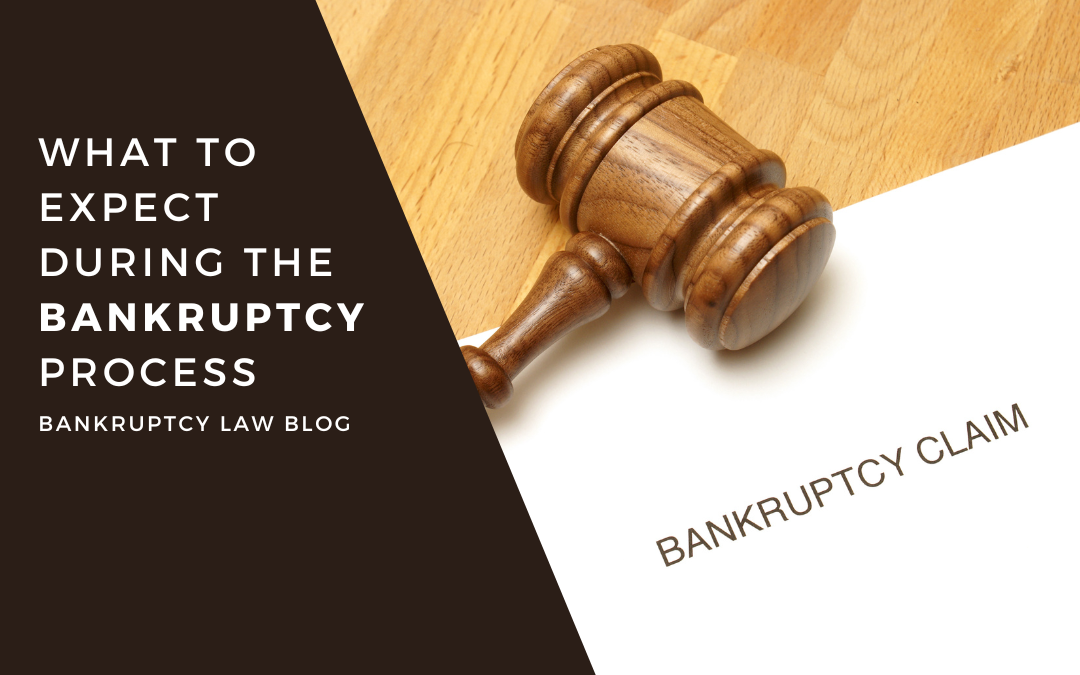Ironically, despite a bankruptcy filing being a life-changing event, the debtor had limited contact with the court, especially if represented by an attorney. In very rare instances will the debtor actually meet the judge, as all court interaction is through the Trustee.
Trustee
When meeting with the Trustee and/or creditors, petitioners are expected to be 100% truthful in their responses. Any lies, omissions, or falsification of documents may constitute bankruptcy fraud, a federal offense punishable by law.
The filer must be prepared to complete many forms and provide extensive financial documents such as bank statements, tax forms, pay stubs, investment records, deeds, credit card and loan statements, expense reports, receipts, and more
Deadlines
During bankruptcy proceedings, it is crucial to pay attention to deadlines. Attorneys provide clients with important dates such as when to complete credit counseling and make court appearances. For individuals that are self-representing (a per se filer), meeting all deadlines is imperative to avoid having the case dismissed.
Patience
Finally, petitioners benefit from having patience. The number of filings can vary from year to year and even from week to week, putting pressure on court resources that are often already stretched thin. Even in best-case scenarios, bankruptcy discharges can take months.

